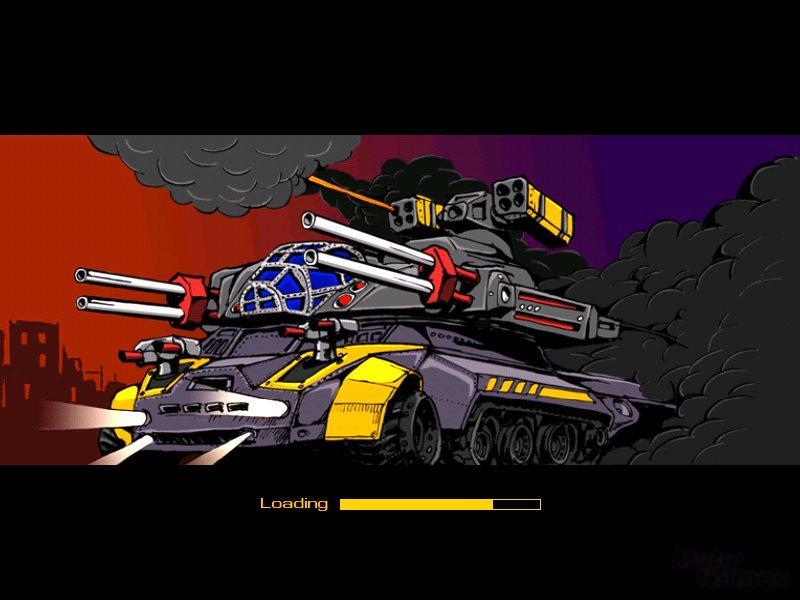
Prime Minister Naftali Bennett speaks at IPS conference at Reichman University, on November 23, 2021. “There’s no doubt that a diplomatic solution is preferable, but alongside that we need to have on the table the use of force, which is diplomacy by other means,” Defense Minister Benny Gantz said at the conference, referring to a famous quote from military strategist Carl von Clausewitz.

Israeli officials have instead called for a different, harsher diplomatic approach, backed up by the credible threat of a military strike on Iran’s nuclear program. Israel has staunchly advocated against an American return to the accord, which Jerusalem believes is far too weak and ultimately paves the way to an Iranian nuclear weapons.

Such highly enriched uranium can be easily refined to make atomic weapons. Iran has been steadily growing its uranium stockpile in defiance of the pact since the US pulled out of the deal in 2018.Ī report from the International Atomic Energy Agency this week said Iran’s stockpile, as of November 6, was many times in excess of the limit laid down in the agreement with world powers.

The 2015 JCPOA curbed Iran’s enrichment activity in exchange for sanctions relief, but many key provisions expire in 2025. The warnings came as world powers prepare to resume negotiations with Iran over its nuclear program in Vienna next week.


 0 kommentar(er)
0 kommentar(er)
